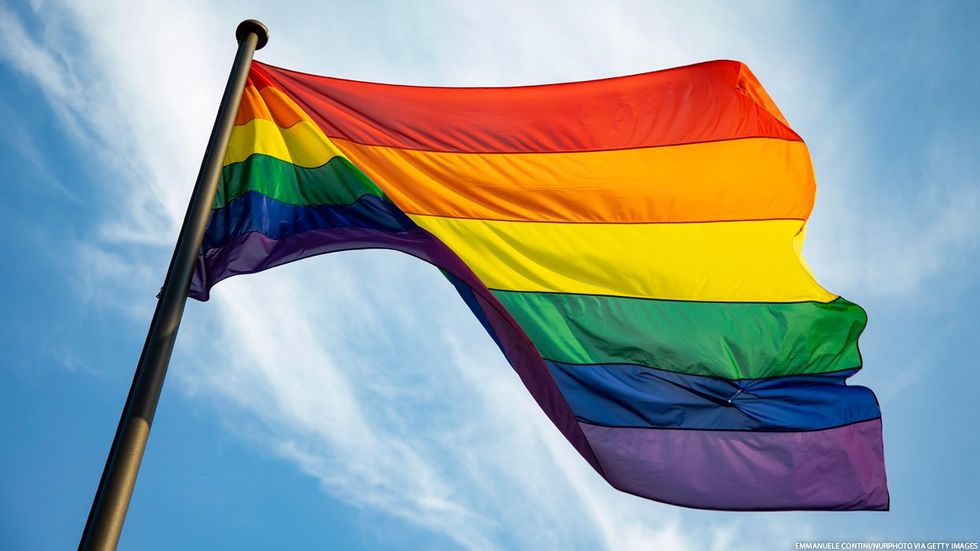A global survey conducted by Ispos found that the number of adults who identify as LGBTQ+ is now 9 percent.
From February 7 to March 13, Ipsos surveyed 22, 514 adults across 30 countries, including Portugal, the Netherlands, Turkey, and Brazil. Brazil had the highest percentage of LGBTQ+ adults at around 15 percent, while Peru and Japan had the lowest at 4 percent.
Of the adults surveyed, an average of 3 percent identified themselves as gay or lesbian, 4 percent as bisexual, 1 percent as asexual, and 1 percent as pansexual or omnisexual. Gen Z respondents were two times more likely to identify as LGBTQ+ than Millenials, and four times more likely when compared with Gen Xers and Boomers.
The United States matches the world average with 9 percent of the population identifying as LGBTQ+. This represents a one percent drop since 2021, according to the survey.
When it comes to gender identity, 1 percent of the surveyed adults described themselves as transgender. Another 1 percent identified as nonbinary, genderfluid, or gender non-conforming, and 1 percent identified as other than male or female. In this area, too, Gen Zers were more likely to identify as one of these categories than older adults.
Ispso also found that all segments of the LGBTQ+ spectrum have become more visible since a previous survey in 2021. One in two adults reported having a relative, friend, or colleague who is gay or lesbian; one in four reported having one who is bisexual; and one in eight reported having one who is either transgender, non-binary, gender non-conforming, or gender fluid. Visibility ranked lowest in Turkey, Japan, South Korea, Romania, Hungary, and Poland.
Women were more likely to say they knew someone who was LGBTQ+.
Across the globe, only 56 percent of respondents said same-sex couples should be allowed to marry legally. Portugal and the Netherlands had the highest marriage equality support with 80 percent. The U.S. saw 54 percent of respondents support marriage equality. Turkey was the lowest of the 30 countries involved in the survey with just 20 percent of marriage-equality support.
The survey also indicates that people are aware of transphobic discrimination. Almost 70 percent of those surveyed said transgender people face at least a fair amount of discrimination.
Ipsos notes that their polls have a margin of error ranging from plus or minus 3.5 percent to plus or minus 5 percent, depending on sample size.
The full survey findings can be viewed here.


















































































